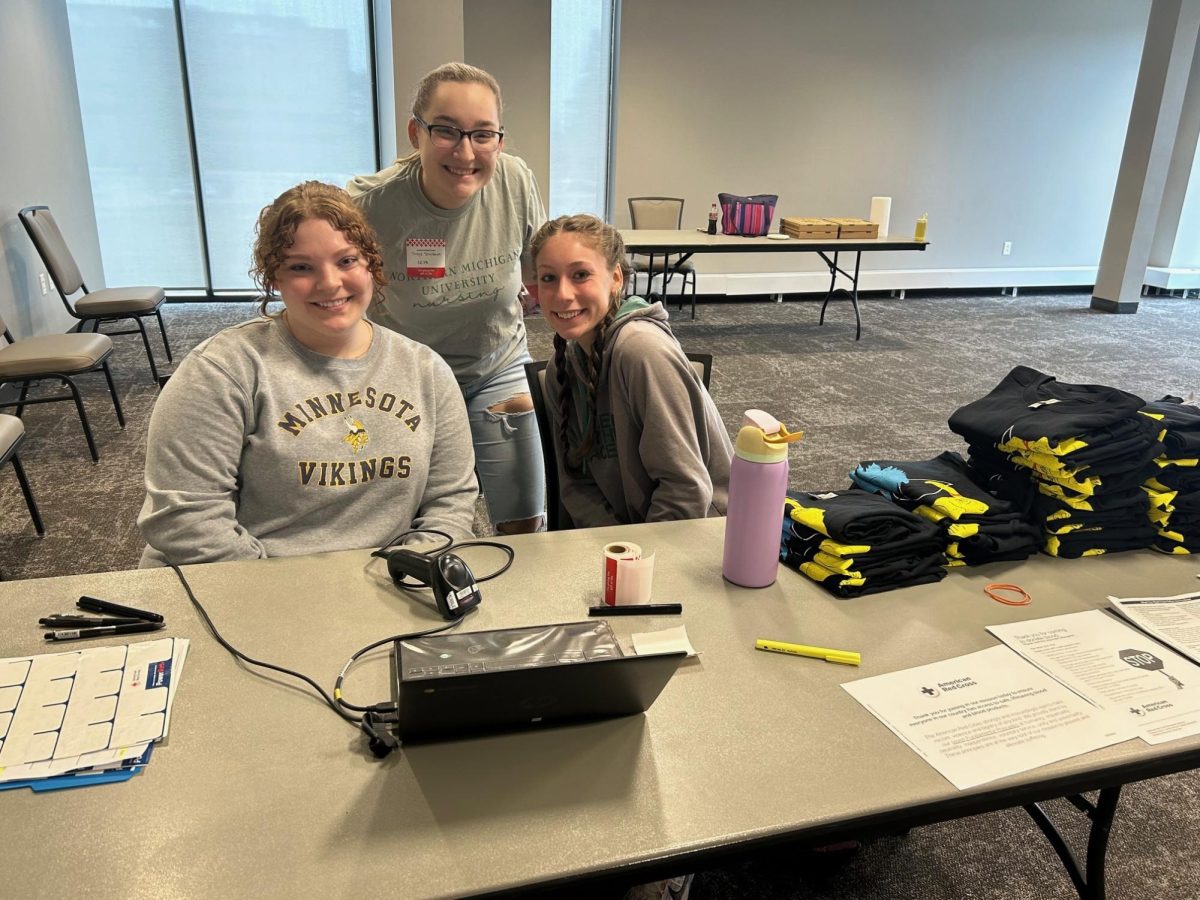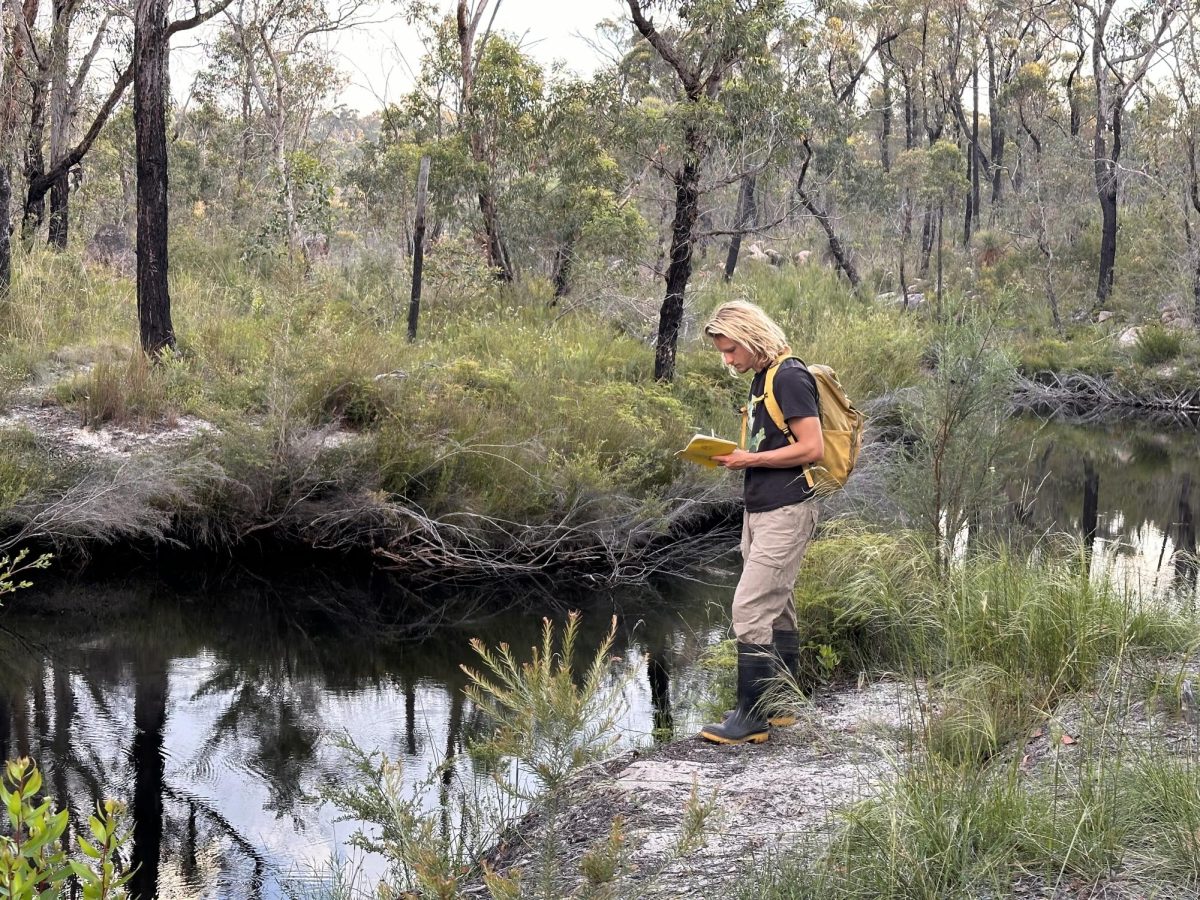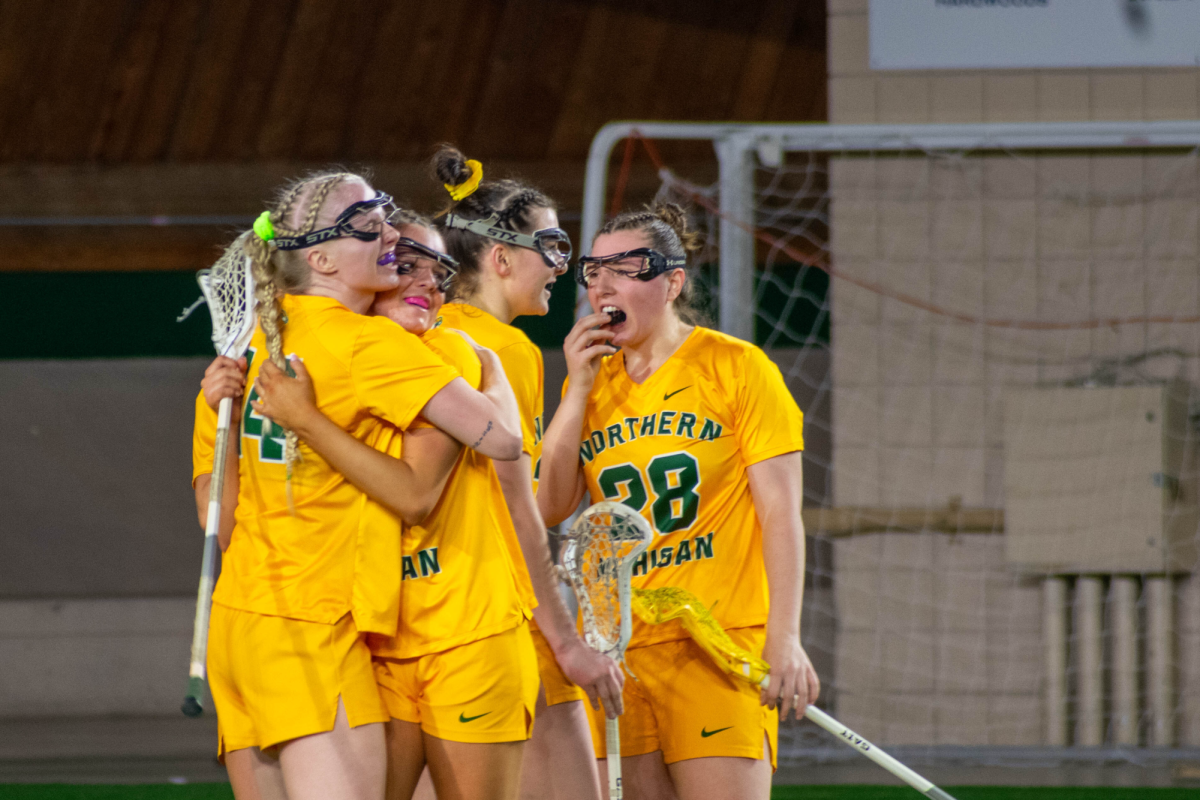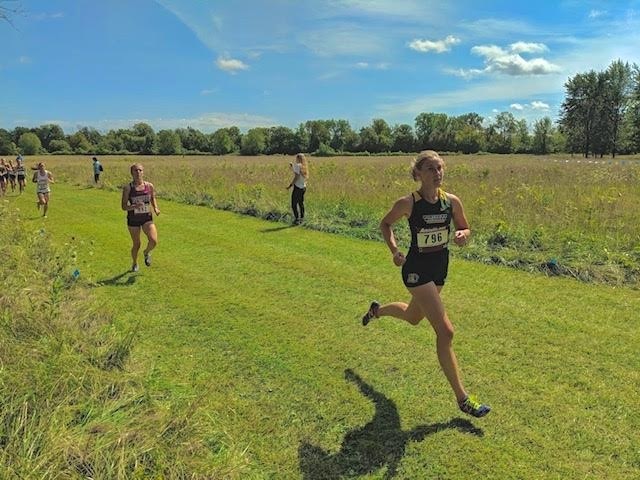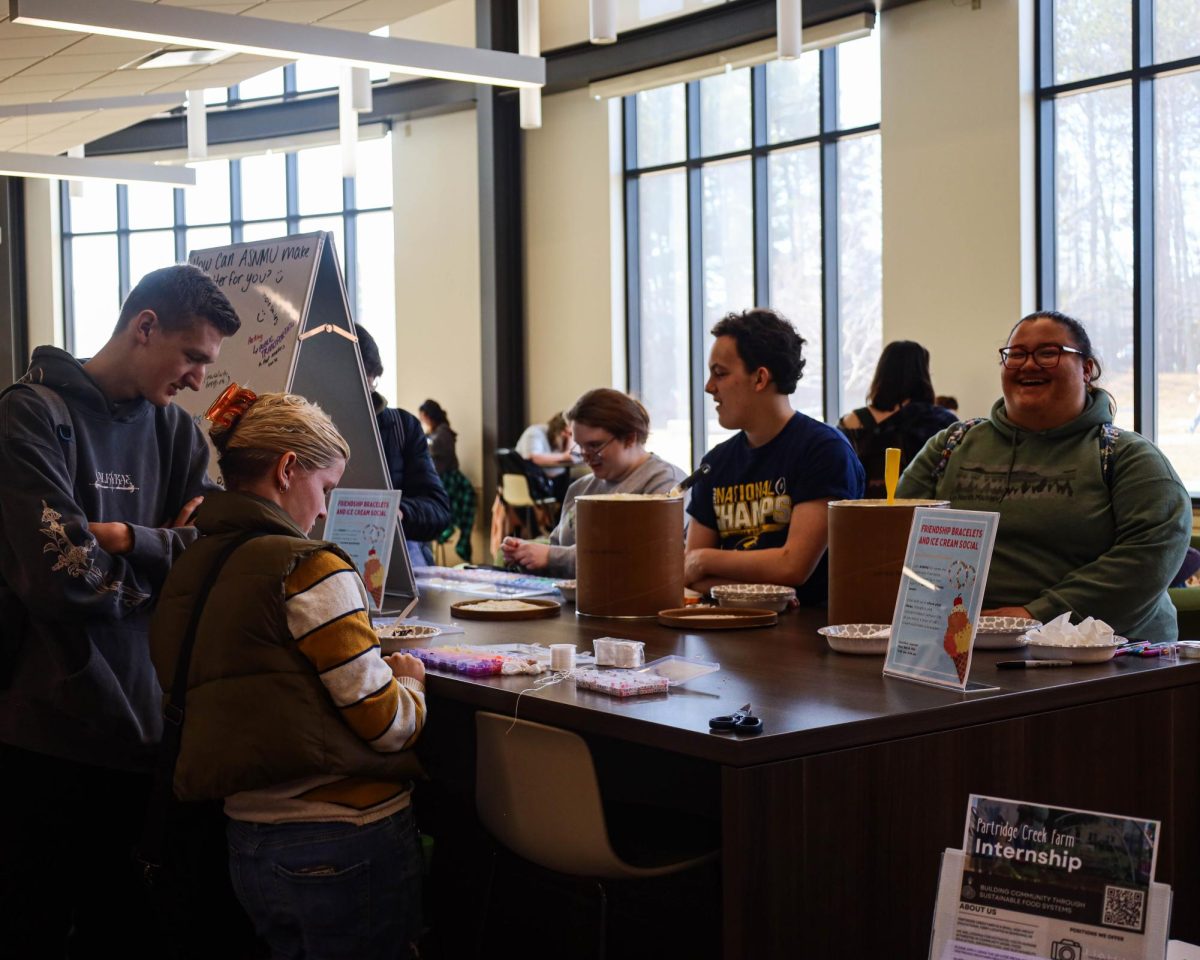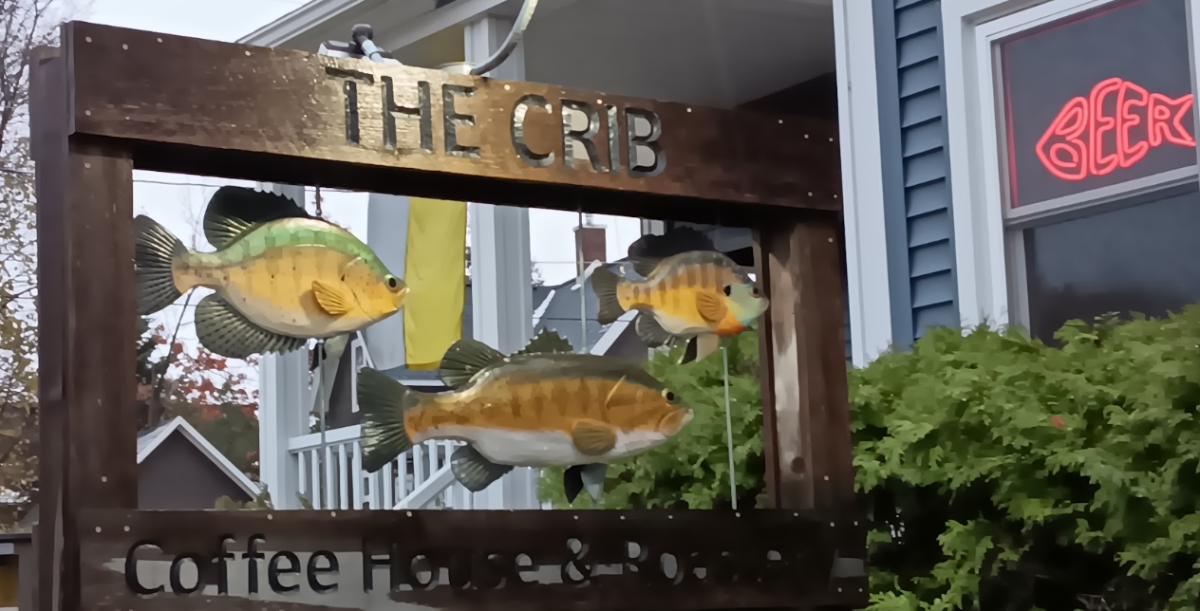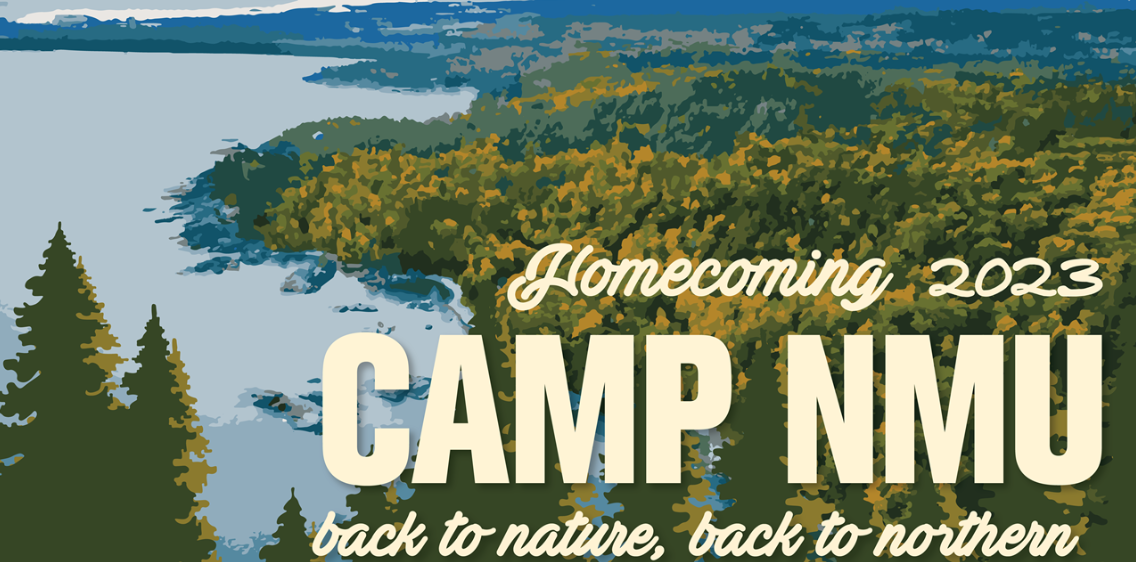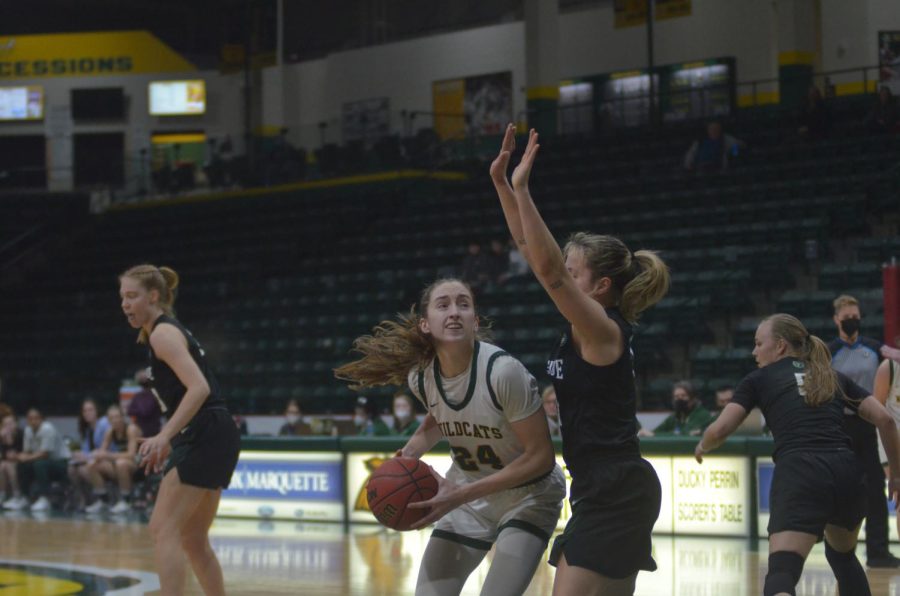“…Don’t it always seem to go
That you don’t know what you’ve got
Till it’s gone
They paved paradise
And put up a parking lot…”
Joni Mitchell’s song rings true in Marquette today. A piece of paradise is under threat right here in town, and NMU is on board with destroying it.

It’s not truck traffic students have to fear, it’s transportation planning — or the lack thereof — we have to be afraid of.
The City of Marquette and NMU are working hard on efforts to pave over three miles of the North Marquette trail system, turning them into a “hydro haul route” for mining truck traffic from the Eagle Mine off County Road 550 in Big Bay.
A short walk or bike ride from campus, the North Marquette trailhead at Tourist Park provides the only trailhead access from within city limits to North Marquette County. While hard numbers are hard to come by — as of press time a query is in with Marquette Parks and Recreation — the trailhead sees heavy usage in all seasons as a prime skiing, biking, hiking, nature walking, birding and dogwalking destination. Students regularly head to the north trails because they are the closest and most convenient wilderness trails to access from campus. But not only is this trail network an invaluable recreational resource, it’s an economic windfall.
A 2012 Michigan Municipal League study on the economic impacts of the Noquemanon Trail Network (NTN) conservatively estimates close to $4 million flowing directly into Marquette County down the trail annually during the bike and ski marathons held along it.
Yet, despite their incredible value to the community, about three miles of trails have been proffered to the chopping block because the Marquette city commission and Northern’s administration are unable — unwilling — to accommodate a temporary increase in truck traffic around the university.
Building a bypass over a popular parkland to handle temporary traffic flow is a disaster in the making and an obvious failure to plan for growth in the city. This strategy ignores existing roadway safety around campus and fails to address future traffic issues. This plan creates two new intersections with added safety concerns, requires construction of a major bridge across the Dead River, adds pavement to a road network the city already can’t afford to maintain and destroys a heavily monetized, locally loved recreational resource.
These are the hallmarks of disastrous planning policy.
Commercial truck traffic doesn’t even present a major threat to public safety around Marquette; private automobiles and pickups do. According to crash statistics from the Michigan State Police, out of nearly a half million traffic accidents in Michigan in 2012, less than 10,000 involved commercial trucks. Accident reports from around Marquette reveal scores of single car accidents, vehicle-vehicle crashes, cars hitting pedestrians, hit and runs, even fatalities involving private vehicles, but near nonexistent reports of collisions involving large trucks in the city.
Truck traffic from the Eagle Mine is forecasted to be a short-term issue on Wright Street. Regional interests are hard at work on a direct haul road to north Marquette County. In a few years, mining trucks won’t be driving past campus. Wright Street and Sugarloaf Avenue can easily be redesigned to enhance safety, using traffic calming, landscaping and sound barriers to improve the character of Wright Street for students while accommodating the projected temporary traffic increase.
Safety concerns confront students around campus today. As a locally involved active transportation advocate, bicycle educator and member of the Association of Pedestrian and Bicycle Professionals, I can readily point to a number of existing traffic safety issues surrounding campus that give administration the appearance of being asleep at the wheel.
For example, small increases in average traffic speeds greatly increase the fatality risk to pedestrians and bicyclists, but traffic speeds were recently increased along Wright Street.
Additionally, the Wright Street extension to Lake Superior still needs a sidewalk — how was this road built next to the university campus without safe walking access to the lake? Paths beat into the dirt next to roads that front campus are not compelling testaments to student safety. There remains a longstanding need to appropriately address safety on Presque Isle Avenue, a road that desperately calls out for bike lanes, traffic calming and far better pedestrian crossings to the PEIF. These safety issues will continue to affront students even after truck traffic decreases.
NMU’s capital development plan also negatively affects student safety on Wright Street. NMU intends to funnel a lot more vehicles to this traffic corridor by preventing through-traffic driving across campus from both Seventh Street and Lee Street, the historic main entrance to Northern. The master plan will alter traffic patterns around the city, forcing vehicles onto Wright Street in order to access the central campus.
Planning for a short-term increase in traffic presents an opportunity for NMU and the city to work together on these challenges. NMU and the city must recognize that NMU’s planning and development policies, in conjunction with private vehicle traffic, not commercial traffic, present the largest threat to public safety around campus.
Marquette — or any city — shouldn’t destroy parkland to build new roadways out of a failure to plan for growth on an existing road network. This hydro haul route scheme is no way to sustain a transportation network, run a city or conduct university policy. Students, faculty, staff and administration, I urge you to look deeper at the underlying issues and the gravity of what is at stake.
Don’t let Marquette and NMU pave over a piece of paradise for nothing more than reluctance to plan for traffic around the university.





